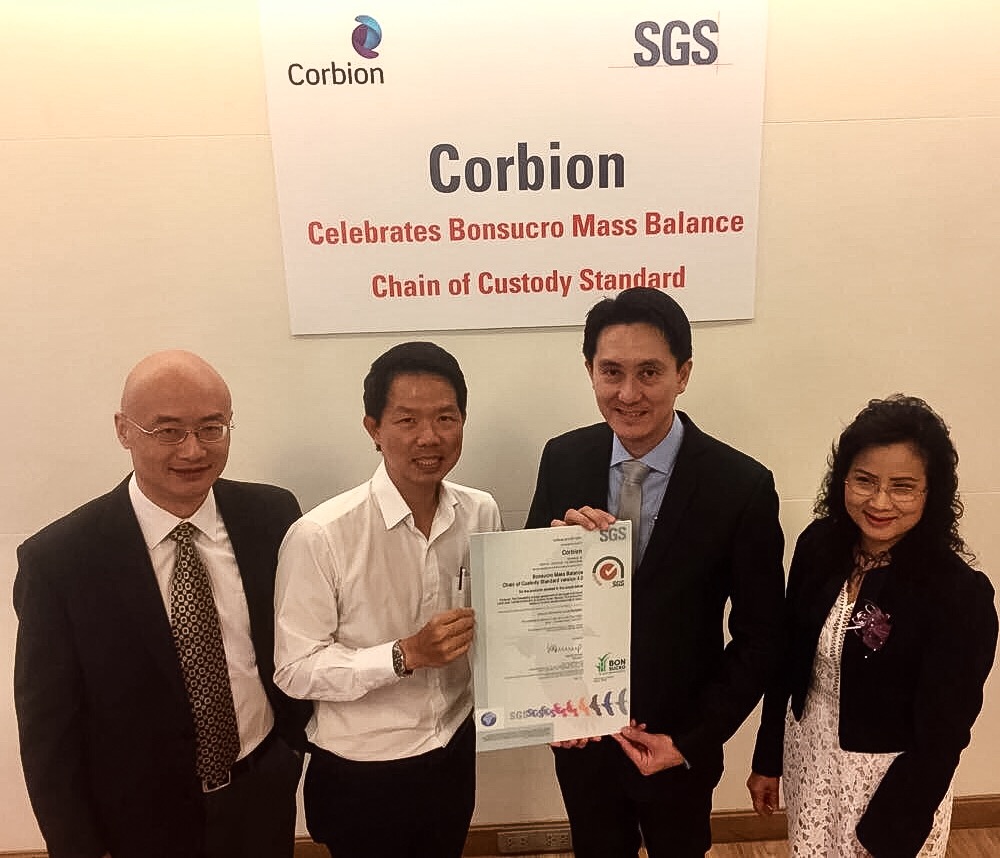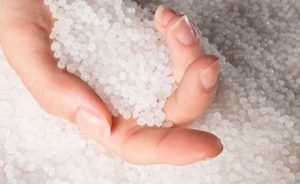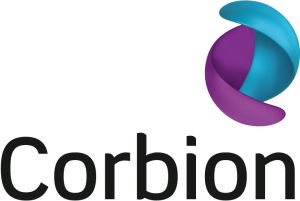25th May 2017
Thai plant set to produce PLA pellets using cane sugar-derived lactic acid

Bonsucro, Corbion and SGS at the handover ceremony in Bangkok, Thailand during Bonsucro Technical Week
Congratulations to Corbion for achieving the first Bonsucro Chain of Custody certification for bioplastics using lactic acid from cane sugar. SGS, the independent certification body who carried out the audit, presented Corbion with the certificate in a ceremony yesterday at Bonsucro Technical Week in Bangkok, Thailand.
Corbion, headquartered in the Netherlands, produces lactic acid and lactic acid derivatives, and is also a leading company in functional blends containing enzymes, emulsifiers, minerals, and vitamins. As part of its 50/50 joint venture with Total, it has been constructing a lactic acid polymerisation plant in Rayong, Thailand.
 The plant will use Bonsucro certified cane sugar as a feedstock. Through a fermentation process, the sugar is used to produce lactic acid, which in turn is used as a base for bio-based innovations, such as PLA bioplastic pellets. PLA pellets can then be used for a broad range of applications, such as packaging, consumer goods and automotive components.
The plant will use Bonsucro certified cane sugar as a feedstock. Through a fermentation process, the sugar is used to produce lactic acid, which in turn is used as a base for bio-based innovations, such as PLA bioplastic pellets. PLA pellets can then be used for a broad range of applications, such as packaging, consumer goods and automotive components.
Speaking at the ceremony, Rick Lyu, Bonsucro’s Regional Director for Asia, welcomed the development. “Becoming Bonsucro Chain of Custody certified shows that Corbion is committed to the responsible sourcing of the sugar that goes into its bioplastics production. An innovative company basing their plant in Thailand is testament to the drive that the Thai sugarcane industry is showing to become a leader in sustainability, positioning itself as a cornerstone of the country’s efforts to become a leading bio-based economy.”
Diana Visser, Corbion’s Sustainability Director, explained the decision behind pursuing Chain of Custody certification. “Corbion aims to create an overall positive environmental and social impact with our biobased products, so we need to ensure that our feedstocks are responsibly sourced. Cane sugar is one of our key agricultural raw materials and Bonsucro certification demonstrates our commitment to sustainability and good agricultural practices. The certification process was straightforward and we will now implement the same tracking system and procedures in our facility in Brazil as the next step.”
 The Thailand plant is scheduled to produce the first bioplastic pellets this summer from Bonsucro certified cane sugar sourced from the region. For François de Bie, Senior Marketing Director, Total Corbion PLA, sugarcane-derived bioplastics offer sustainability credentials that other plastics cannot: “A reduced carbon footprint and the multiple end-of-life solutions that PLA offers are the key reasons why many brand owners convert from traditional plastics to PLA bioplastics. With the Bonsucro certification, we now offer our customers the guarantee that the biomass used to produce PLA was grown supporting the principles of sustainable agriculture”.
The Thailand plant is scheduled to produce the first bioplastic pellets this summer from Bonsucro certified cane sugar sourced from the region. For François de Bie, Senior Marketing Director, Total Corbion PLA, sugarcane-derived bioplastics offer sustainability credentials that other plastics cannot: “A reduced carbon footprint and the multiple end-of-life solutions that PLA offers are the key reasons why many brand owners convert from traditional plastics to PLA bioplastics. With the Bonsucro certification, we now offer our customers the guarantee that the biomass used to produce PLA was grown supporting the principles of sustainable agriculture”.
Supporting the implementation of sustainable production and processing at its suppliers is a key focus for Corbion as it takes its next steps. “As a Bonsucro member, Corbion is already working directly with its own network of industry suppliers – from Thailand to Brazil – to implement Bonsucro’s Standards”, explains Kun Chalermkiatkul, Global Sugar Director at Corbion. “What this means in practice is that we are identifying with our suppliers the areas where improvement is needed to enable them to meet the Standards – giving them an opportunity to make the changes necessary to achieve the levels of Production Standard, which includes answering questions and lending our expertise wherever we can. As certified Bonsucro sugar becomes more readily available, Corbion commits to sourcing Bonsucro certified sugar for a part of its overall global sugar needs.”
Want to know more?
- Bonsucro: To find out more about Chain of Custody certification, please contact Sonia Slavinski
- Corbion: To contact Corbion about the certification process or about purchasing certified product, please contact Diana Visser.
- SGS: Contact Fabian Gonçalves for more information about SGS’s auditing services or see a full list of Bonsucro Licensed Certification Bodies.





